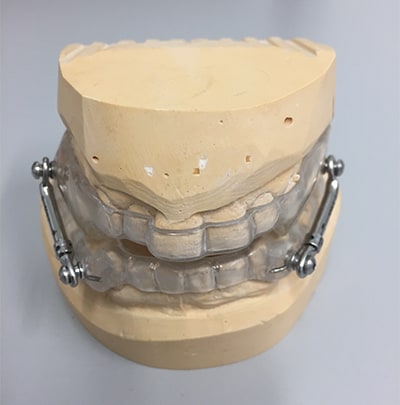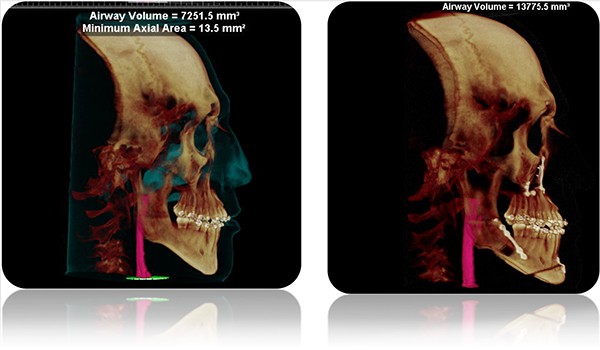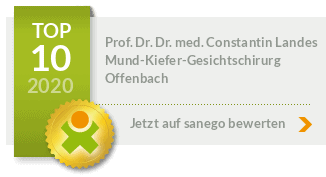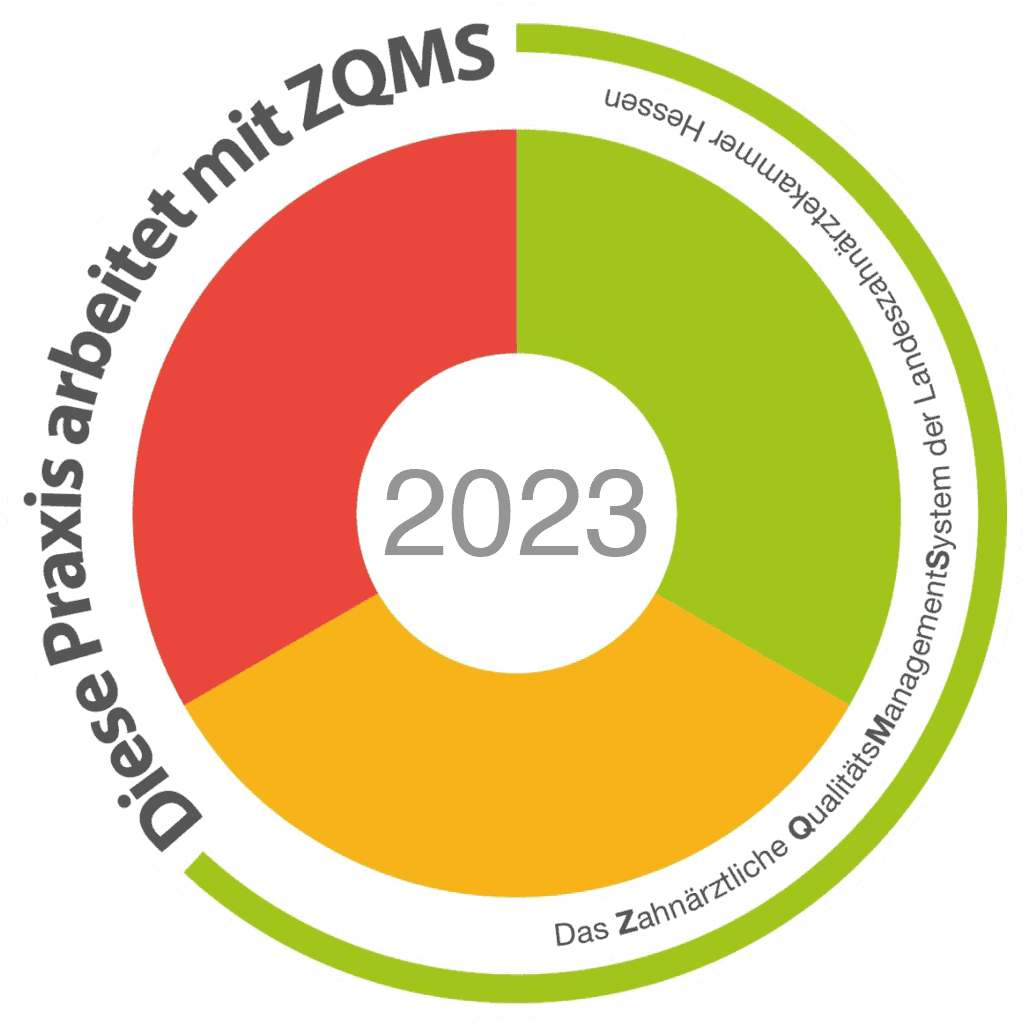Sleep apnoea treatment
Many people snore. In addition to the noise pollution for others – snoring can reach a volume of up to 90 decibels, which is roughly equivalent to a jackhammer – irregular and loud snoring in particular can also indicate a breathing disorder that is harmful to health: sleep apnoea syndrome.
 Protrusion splints against sleep apnoea: cost-saving alternative for more sleeping comfort
Protrusion splints against sleep apnoea: cost-saving alternative for more sleeping comfort
Oral and maxillofacial surgery has alternative ways to help, and that is via a jaw splint that displaces the lower jaw slightly forward. However, there must be no central causes of apnoea (due to cardiovascular disease) or temporomandibular joint problems, and the affected person must also still have at least ten teeth for the “anti-snoring splint” to stay in place.
Another alternative: surgical mandibular advancement
If the mandibular advancement with splint and simultaneous weight reduction proves effective, but apnoea phases reoccur after successful weight loss without the splint, then a surgical mandibular advancement as in this example can be useful:

Here, one patient had significant breathing difficulties during sleep and daytime fatigue. The splint therapy was successful, but required permanent wearing of the splint, which put painful strain on the temporomandibular joints and thus continued to limit sleeping comfort. The patient therefore decided to have a surgical advancement of the upper and lower jaw, which, as can be seen in the three-dimensional volume measurement of the airway, resulted in a significant improvement of the air space in the nasopharynx.
For further information and personalised advice, please do not hesitate to contact us for an appointment. Appointments can be arranged by calling +49 (0)69 8405-1380 069 8405-1380
Are you looking for help?
We will be happy to advise you on the possibilities of conservative or surgical treatment of your health problem affecting the mouth, jaw or facial area. We’re happy to help! You can reach the Landes & Kollegen Practice by telephone on +49 (0) 69 8405-1380 or by e-mail.
All planned surgical treatments are preceded by a detailed consultation, which can also take place several times and repeatedly.
We speak German, English, French, Spanish, Arabic and Portuguese.
Our regular office hours are:
Monday, Tuesday, Thursday: 8:00 – 17:00, Wednesday: 8:00 – 13:00, Friday: 8:00 – 16:00
as well as our fast-track consultations on Tuesday, Thursday and Friday, between 8:00 and 9:00 each day!

The new me as a 3D simulation
Design your own dream face! Simply upload selfies, simulate them free of charge with the Crisalix 3D software and bring them to your appointment with us!





